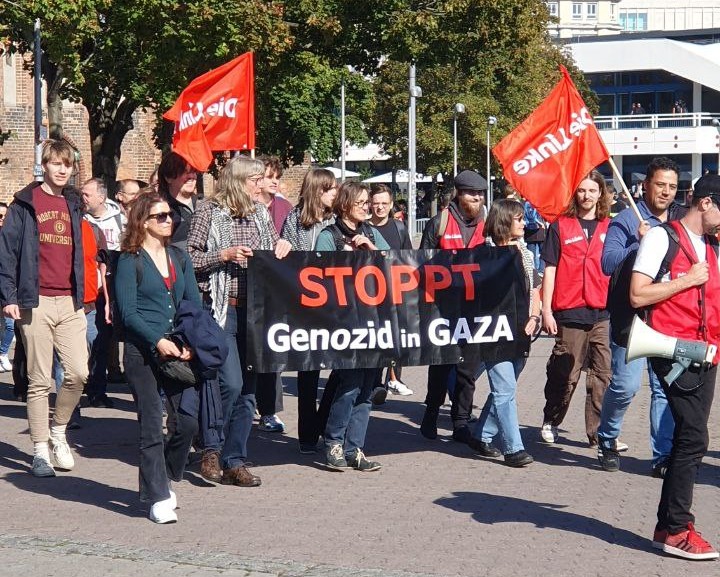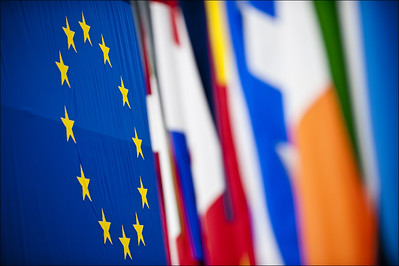The latest corona measures were announced in Germany last week, and among the expected shop closures and a much-discussed curb on public Glühwein consumption came an extra surprise – there is a Christmas exception to the current social distancing rules, but it only applies to “close families”. Currently, all gatherings are limited to groups of five people from a maximum of two households, and over Christmas “close families” will be able to meet in groups of five people from any number of households. It was explicitly written into the resolution that close family means “spouses, life partners and partners living in a non-marital life-partnership as well as relatives in a direct line, siblings, children of siblings, and members of their households.”
Did the German government really just decree what close family means, in an enforceable set of measures?
The first obvious consequence of this is the disadvantage for people who cannot or have chosen not to be with their biological families over Christmas, for whatever reason – they no longer have contact with their families, their biological relatives are no longer living, or they’ve simply decided not to risk the flight or train ride this year. This plays out along clearly discriminatory lines and disproportionately affects already marginalized groups – refugees who for myriad reasons cannot see their biological families, the queer community who has a long history of building their own chosen families, immigrants who live far from their blood relatives.
And of course people from other religious groups haven’t been offered the same chance to celebrate the holidays that are holy to them – anyone, family or not, who wanted to celebrate Hanukkah or Eid in groups larger than otherwise allowed this year was out of luck.
This exception to the current rules will affect everyone in Germany – think of the increased corona numbers resulting from all those family gatherings – and yet only certain already privileged people can benefit from it.
Beyond these immediate practical consequences lies the scandal of the government silently sneaking this outdated, exclusionary definition of family past everyone with little to no pushback. This acts as an ideological and indeed legal invalidation of lifestyles outside of the norm and of people who define family in any way that is not nuclear, biological family. It erases and excludes people who have chosen to find love, support, and community outside of their biological family and people who have been forced by their life circumstances to redefine or rebuild family in other terms – this, again, largely encompassing groups of already marginalized people such as the queer community and refugees.
An inclusive alternative would have been very simple: an instruction to keep the holidays small this year and meet only the people who are dearest to you, no mention of blood relation or definition of family necessary. And indeed this is what Berlin and Brandenburg have done, as the only two out of sixteen states to allow people from various households to meet over the holidays, no genetic questions asked.
So where is the outrage? Or even the acknowledgement? In media outlet after media outlet, this decision was reported on without further comment. Even on more leftist platforms the issue has gone largely without remark. Perhaps we’re all just very conscious of not wanting to come across like corona skeptics or Querdenker. But this isn’t about saying the measures aren’t justified – they are justified and in fact should probably be stronger. Instead, it’s about pointing out what’s become increasingly obvious over the autumn: There is a very specific set of values being prioritized in each set of new corona measures, and if you find yourself at all outside the norm it’s likely not working with you in mind.




